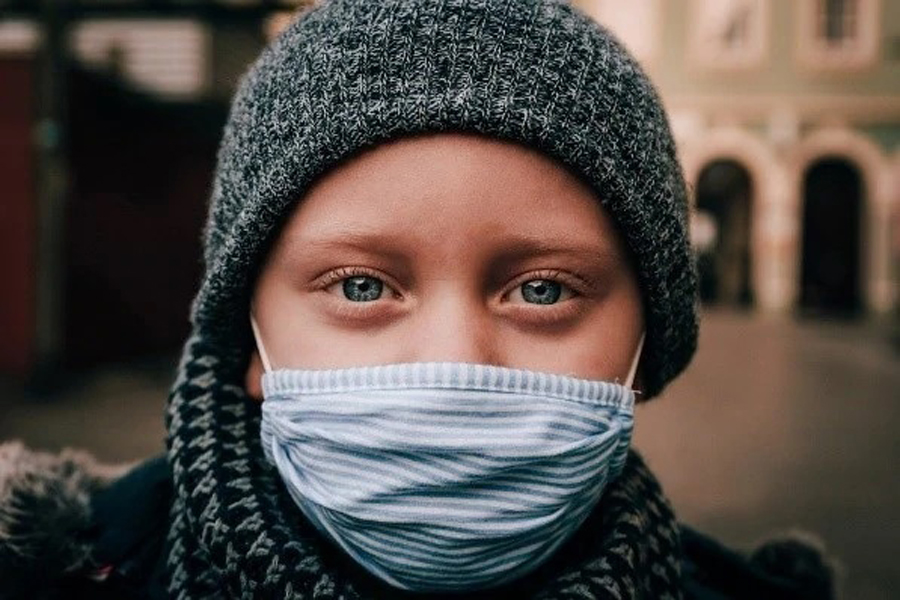Cystic Fibrosis Coronavirus Questions: Living with Cystic Fibrosis During COVID-19
While the Covid 19 pandemic presents challenges for even the healthiest people in the general population. It was those with pre-existing conditions and health complications that were especially challenged by the rapidly spreading global pandemic, with an increased risk of health complications. Immediately after the news of the pandemic broke, questions began to spring up for different groups with health ailments.
Among these groups, those with health conditions specific to the lungs had perhaps the most reason to fear, including the more than 70,000 people in the world living with Cystic Fibrosis. How would contracting a covid 19 infection affect these individuals? Would this new viral infection be worse than other respiratory viruses?
To understand the implications of Covid-19 to a cystic fibrosis (CF) patient, we will first look at what CF is and how it affects the body.
What is Cystic Fibrosis?
Cystic fibrosis is a genetic disorder that causes persistent lung infections; those infections then make it harder to breathe over time. A gene mutation that occurs with CF means that cystic fibrosis transmembrane conductance regulator (CFTR) protein is not made (or made incorrectly).
In layman’s terms, this means the mucus already in our bodies becomes thick and sticky. When the mucus becomes thick and sticky, it then clogs our airways and effectively traps germs.
CF patients are advised to avoid contact with germs in “normal” times, so it is no surprise that during Covid-19 they need to take extreme precautions.
While incredible advancements have been made in terms of medical treatments and CF care therapies for CF patients, there is still no cure. The average life expectancy for someone with cystic fibrosis is 37.5 years of age.
Over time CF gets progressively worse. Within the CF airway, the mucus buildup and lung infections damage the lung tissue to the point that it no longer works, ultimately causing respiratory failure.
CF patients want to minimize the infections as much as possible to prolong their life spans and avoiding Covid-19 is certainly an important part of that.
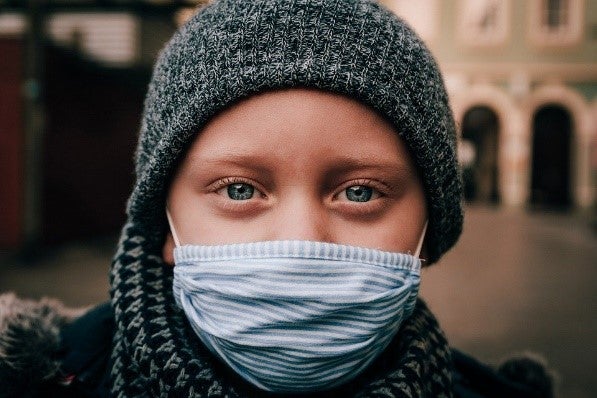
Cystic Fibrosis and Covid-19: FAQs
All CF patients should consult their physicians to determine the best treatments, preventative measures, and specific health plans for their scenarios. These answers are simply general guidelines to some common question’s patients have when it comes to managing cystic fibrosis in the time of Covid-19.
Because I Have Cystic Fibrosis, Am I at a Higher Risk of Contracting Covid-19?
Though it may seem surprising, one study shows that people with CF are not necessarily more susceptible to Covid-19. The challenging piece when it comes to gathering the data is the fact that the CF community often practiced “social distancing” before it was a worldwide practice. In general, individuals with CF should maintain the same habits they would before this pandemic, including social distancing.
Is it Safe for Me to Go to the Doctor?
One of the biggest challenges during this global pandemic has been the need to balance social distancing measures with the need to manage our health.
Regular visits to doctors, be they routine annual physicals, eye exams, dental cleanings, or other checkups, have in some cases fallen by the wayside and could cause problems down the road. CF patients need to be proactive about monitoring their health and managing symptoms.
Your doctor may be able to set up video visits if you are not comfortable venturing out, and these are better than missing appointments entirely.
Are Masks Bad for Cystic Fibrosis?
Since the global pandemic began to spread, few topics have been as contentious as face masks. One of the most common objections raised has been concerning people with various lung conditions, but there is not widespread medical evidence to support the claim that masks do not allow us to get enough oxygen.
The fact is most of the CF population are used to masks and wore them long before Covid-19 to prevent contact with germs. Speak with your doctor if you have specific concerns about masks and your ability to breathe in them.
How Will I Know if My Symptoms are Related to Covid-19 or Cystic Fibrosis?
CF patients are used to battling some of the issues that people experience with Covid-19, such as a cough. Therefore, it can be tricky to distinguish between the two. Whereas shortness of breath triggers worries in an otherwise “healthy” individual, it may not feel out of the ordinary for those with CF.
The best bet is to remain vigilant and play it safe: speak to your doctor about any severe covid 19 symptoms you experience and ask if you should be tested for Covid-19.
Which CF Patients are Most at Risk with Covid-19?
While rising Covid 19 cases present a risk to anyone with CF, it can be especially difficult for those who have had lung transplants. Most CF patients who have contracted Covid-19 have recovered (and many of those without hospitalization) but transplant patients are most at risk for severe lung function complications and respiratory illness.
What About the Vaccine? Is it Safe for Those with Cystic Fibrosis?
The covid 19 vaccine is safe for Cystic Fibrosis patients and is highly recommended as a preventative measure to reduce the risk of contracting the illness.
While some CF patients may worry about how the vaccine could interfere with medications, there is no evidence to suggest it will cause problems with CFTR modulators. All CF patients should direct any questions or concerns about the vaccine to their physicians.

What About Vaccine Side Effects?
While some individuals experience no side effects after the vaccine, it can be known to cause fevers, fatigue, body aches and chills, and more.
Anyone taking the vaccine is advised to plan for a rest and recovery period if needed and discuss with your physician any medications you may be able to take to reduce symptoms after the shot. In most cases, these side effects pass quickly.
If I Already Had Covid-19, Do I Still Need the Vaccine?
Yes, according to the Centers for Disease Control and Prevention (CDC). The CDC is one of your best resources when it comes to the latest data regarding the novel coronavirus.
They recommend that even individuals who have successfully recovered from Covid-19 still get a vaccination. Even though the occurrences of patients having Covid-19 twice are rare, they do happen. And there are still some questions surrounding how long the vaccine protects us.
Will I Need More than One Covid-19 Vaccination?
As of now, the consensus is that the vaccines should protect for around six months, but researchers are continuing to monitor this. The CDC will continue to provide updates on the effectiveness and the timeframes associated with vaccines as they become available.
If I Am Participating in a CF Clinical Trial, Will a COVID-19 Vaccine Affect It?
Any CF patient in a clinical trial related to the study of Cystic Fibrosis should consult her physician and/or the trial coordinator first. There may be some timing issues to consider before scheduling the vaccine, which could affect or skew the results of a trial.
Will a COVID-19 Vaccine Interfere with My Lung Transplant?
All CF patients, even those who are going to have lung transplants, are advised to get vaccinated in consultation with their physicians. A vaccine should be given two weeks before a transplant procedure; consult your doctor and surgeon before scheduling.
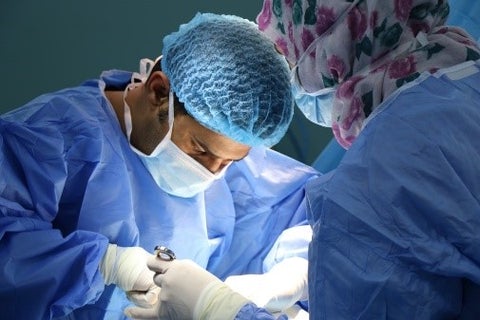
Is There a Specific Vaccine that is Better for CF Patients?
Any authorized Covid-19 vaccine is safe for CF patients; there is no one brand recommended more than another. Depending on your area and vaccine availability, you may need to take whatever appointment is available, regardless of the vaccine maker.
Should Family Members Who Live with CF Patients Get Vaccinated?
Anyone in the same household with a cystic fibrosis patient is strongly encouraged to schedule a vaccine, which will not only protect them but also the loved one with CF.
How Will the COVID-19 Vaccine Affect My Body?
Once again, the CDC is the absolute best source of information when it comes to explaining the ins and outs of vaccines. Check out their summary of how the vaccine works within our bodies for an easy-to-digest general overview.
Can I Get the COVID-19 Vaccine While I Have Covid-19?
While vaccines are encouraged for everyone, one exception to this is people who are currently diagnosed with Covid-19. Those patients should wait until they are fully recovered to receive the vaccine. Visiting a vaccine provider while sick with Covid-19 puts others at risk. The CDC offers specific guidance about isolating with Covid-19 here.
I Got the Vaccine: What Next?
Once fully vaccinated, a CF patient can begin to return to a “normal” life, remembering what is defined as “normal” for CF. These individuals still need to follow protocols specific to their condition, regardless of what is advised for otherwise healthy individuals after the vaccine.
In other words, a fully vaccinated individual without CF may feel comfortable traveling without a mask when the CDC says it is safe to do so. However, a CF patient (even a fully vaccinated one) may be advised to always wear a mask during air travel. Always check with your physician for the best course of action.
Average Lung AirPhysio
ENJOY BETTER BREATHING - Use this 100% Drug Free Device - AIRPHYSIO
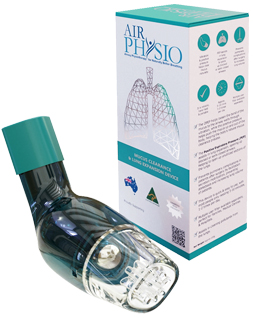
Recent Posts
Sports AirPhysio
IMPROVE YOUR SPORTING PERFORMANCE - Use this 100% Drug Free Device - AIRPHYSIO
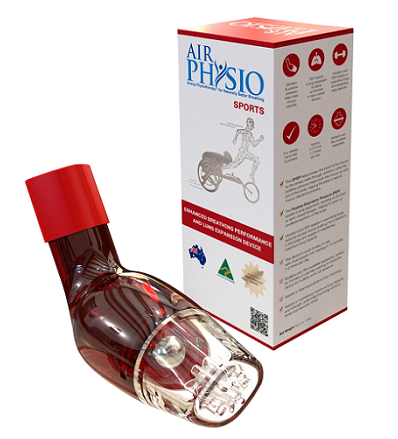
AirPhysio Child
BETTER BREATHING FOR YOUR CHILD - Use this 100% Drug Free Device - AIRPHYSIO
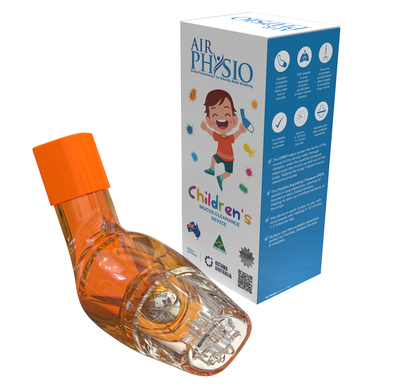
Categories
- asthma (2)
- atelectasis (2)
- bronchiectasis (2)
- copd (3)
- cystic-fibrosis (45)
- featured (10)
- uncategorized (2)

